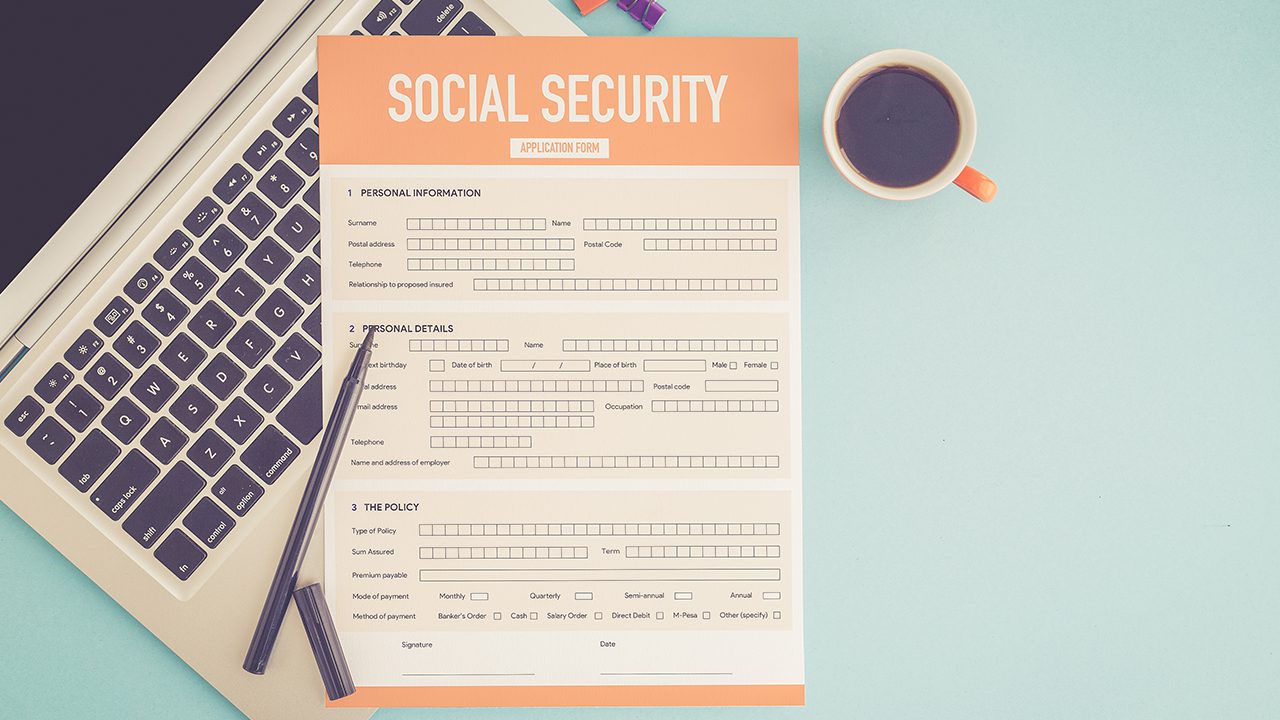By Christopher Plein, Ph.D.
A key factor in family readiness, be it in the military or civilian context, involves familiarity with resources that may need to be accessed in time of need. Two such important resources are Social Security Disability Insurance (SSDI) and Supplemental Security Income (SSI). According to federal data published by the Social Security Administration, over 9 million people receive SSDI. Over 5 million individuals receive Supplemental Security Income. Both programs are administered by the Social Security Administration. In addition to providing cash benefits, both programs often pave the way for those eligible to receive Medicare or Medicaid healthcare coverage.
On July 27, 2022, the OneOp Military Caregiving concentration hosted a webinar on SSDI and SSI entitled Social Security & Disability 101 that was delivered by Rhonda Romero, a Public Affairs Specialist with the Social Security Administration. Romero provided both a high-level overview of these programs as well as detailed information about eligibility processes and benefits associated with the programs.
Webinar Takeaways
The Social Security Disability Income (SSDI) program is intended to assist those who have an established work history and have experienced a temporary or permanent disability that precludes gainful employment. Disability is defined as lasting a least one year in length. In addition to benefits that accrue to the individual, SSDI is also structured to provide benefits to qualified spouses and dependents. Like Social Security, it is funded from payroll deductions. Continued coverage under SSDI may require eligibility redeterminations.
An important element of SSDI is potential eligibility for Medicare coverage. While primarily targeted at those 65 and older, Medicare also can provide healthcare benefits and services for those who have received SSDI for 24 months or more. Through certain provisions, those who reenter employment may be able to retain Medicare coverage for an extended period of time.
The Supplemental Security Income (SSI) program is designed for those who are disabled and have a limited or no work history. It is also an important program for children with disabilities. Funded through annual Congressional appropriations, as its names implies, SSI is intended to provide supplementary income to help individuals and families meet their needs. Like SSDI, eligibility is determined by medical assessments. In addition, there are income eligibility criteria as well. Continued SSI participation requires periodic eligibility redetermination.
The SSI cash benefit may not be as important to families as the healthcare access the program facilitates. Eligibility for SSI often serves as a gateway to Medicaid coverage for those who would not otherwise be eligible for coverage. Some military families who have children and other members with special healthcare needs may seek Medicaid coverage to supplement the TRICARE health benefit. This may include eligibility for certain Medicaid Home & Community Based Services (HCBS) and other Long Term Services & Supports (LTSS) that provide specialized care for those with various health conditions and care needs. Because Medicaid is a federal-state partnership, the availability of these services and the manner in which they are delivered often varies from state to state.
Public Assistance & Insurance Programs are Interrelated & Intertwined
By design, various public assistance and insurance programs are interrelated and intertwined. Recent webinars hosted by the OneOp Military Caregiving concentration have focused on Medicaid and Medicare updates and can provide helpful background and references for those wanting to learn more about these programs. Of particular relevance to SSI are ABLE (Achieving a Better Life Experience) accounts which allow qualified individuals and families to set aside funds to help meet educational, housing, care, and other needs. This topic was covered in the Social Security & Disability 101 webinar and is the focus of an upcoming OneOp webinar entitled Special Needs Trusts & ABLE Accounts that will be held on August 24, 2022, at 11:00 Eastern.
Of course, it is always helpful and important to go to the source to find out about SSI, SSDI, and other federal programs. For example, the Social Security Administration regularly updates its “Red Book” which provides information on policies and processes associated with both SSDI and SSI. Presentations by agency representatives, such as the Social Security & Disability 101 webinar, provide an excellent introduction to these important programs. We encourage you to learn more by accessing this free webinar. And for those interested, the webinar also offers continuing education credits for various professions and vocations.
Resources
Medicaid and CHIP Payment Access Commission. 2020. “Medicaid and TRICARE Third-Party Liability Coordination,” Chapter 4 in June 2020 Report to Congress on Medicaid and CHIP.
U.S. Centers for Medicare & Medicaid Services. 2022. Home & Community Based Services.
U.S. Centers for Medicare & Medicaid Services. 2022. Long Term Services & Supports.
U.S. Social Security Administration. 2022. Medicare Information.
U.S. Social Security Administration. 2022. Monthly Statistical Snapshot (June).
U.S. Social Security Administration. 2022. The Red Book – A Guide to Work Incentives.















